
Catch up on the top radiology content of the past week.

In a wide-ranging video interview, Wendie Berg, MD, PhD, discussed her family history with breast cancer, the founding of DenseBreast-info.org, emerging research with contrast-enhanced mammography and the need for a national standard on breast density notifications.
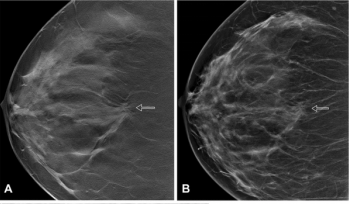
In a large study of nearly 100,000 women, researchers found that the combination of digital breast tomosynthesis (DBT) and synthesized mammography had more than triple the detection rate for invasive breast cancer in extremely dense breasts in comparison to digital mammography alone.

TeraRecon Neuro reportedly offers six automated and customizable computed tomography (CT) perfusion maps that facilitate assessment of brain function in hemorrhagic and ischemic neurological cases.
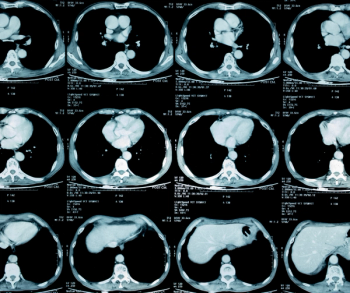
Modifications to pack-year history and smoking quit duration thresholds beyond those recommended in the 2021 United States Preventative Services Task Force (USPSTF) criteria for low-dose computed tomography lung cancer screening may more than double the number of increased lung cancer cases physicians would see with application of the 2021 USPSTF screening criteria.

The opportunities and challenges in volunteering enable us to sharpen our leadership skills and get to the heart of our “why.”

In a thorough review of the literature, these authors discuss current approaches and emerging initiatives to increase the understanding of radiology reports by referring physicians as well as patients.
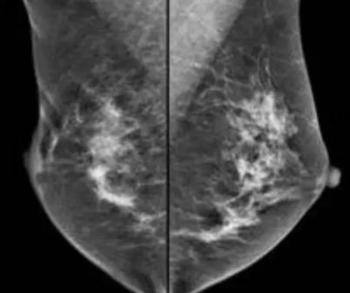
In a study involving nearly 700 patients with atypical ductal or lobular hyperplasia, or lobular carcinoma in situ, researchers found no difference in four-year breast cancer detection rates between women who had screening mammography and breast magnetic resonance imaging (MRI), and women who only had mammography screening.
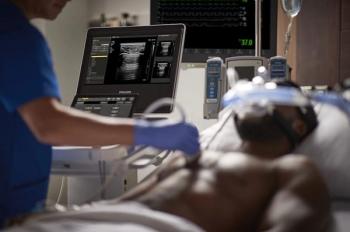
Offering the benefits of real-time collaboration and integrated connectivity, the portable ultrasound device may be utilized in a variety of clinical settings ranging from cardiology to obstetrics and gynecology.

Catch up on the top radiology content of the past week.
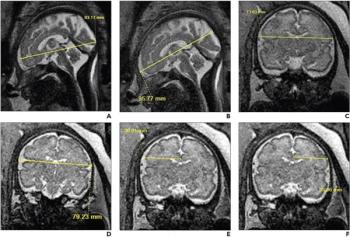
Researchers found that in utero opioid exposure resulted in seven out of 14 2D biometric measurements of the fetal brain being smaller on magnetic resonance imaging (MRI) scans in comparison to fetuses without opioid exposure.
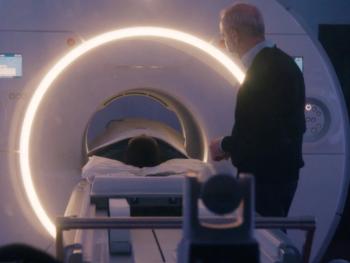
AIR Recon DL, a deep learning-based image reconstruction software, will now be available with 3D sequences as well as PROPELLER motion-insensitive sequences on magnetic resonance imaging (MRI) scanners from GE Healthcare.
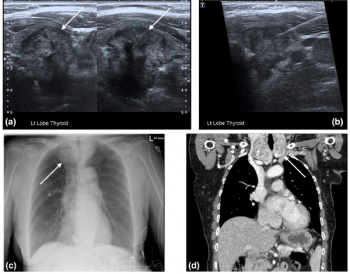
In light of recent shortages of iodinated contrast media, researchers from Australia suggest in a new publication that ultrasound and magnetic resonance imaging (MRI) can be viable first-line imaging options for a number of non-urgent presentations of the head and neck.
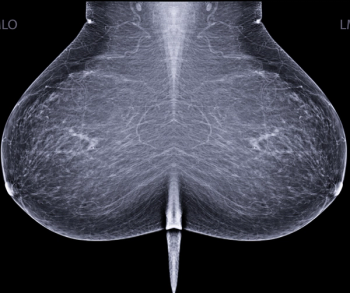
Assessing data from 386,590 women, researchers noted that women with extremely dense breast tissue have more than double the risk for breast cancer in comparison to women with average breast density and nearly four times the risk of women with extremely fatty breast tissue.
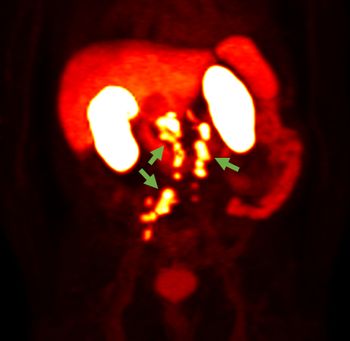
One prospective multicenter study found the radiohybrid prostate-specific membrane antigen (PSMA) agent 18F-rhPSMA-7.3 had an 83 percent detection rate in nearly 400 men with suspected prostate cancer.


Catch up on the top AI-related radiology content of the past month.

A teleradiology fellowship that offers an information technology (IT) component and dedicated time with teleradiology attendings to learn tricks of the trade with workstation navigation could go a long way toward reducing downtime and maximizing efficiency.

Catch up on the top radiology content of the past week.
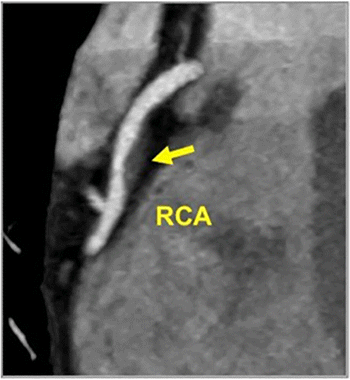
In an update of the original CAD-RADS™ consensus document on coronary artery disease (CAD) imaging and reporting published in 2016, expert panelists incorporated emerging evidence for CAD-RADS 2.0 to recommend new categorization for coronary plaque burden and suggested modifiers to reflect the level of ischemia and high-risk plaque in patients undergoing cardiac computed tomography.
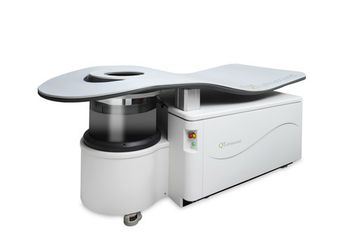
The ability of QT Imaging’s QTscan, a quantitative transmission ultrasound modality, to calculate the ratio of fibroglandular volume to total breast volume may facilitate assessment of ongoing breast cancer treatments or selective hormone receptor modulation therapies.
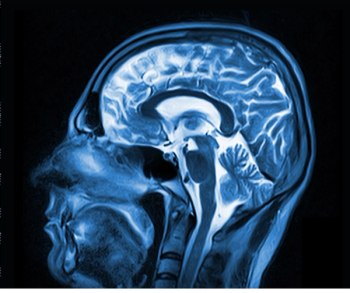
Requiring only half of the gadolinium dose of current non-specific gadolinium-based contrast agents (GBCAs), gadopiclenol can be utilized with magnetic resonance imaging (MRI) to help detect lesions with abnormal vascularity in the central nervous system and other areas of the body.
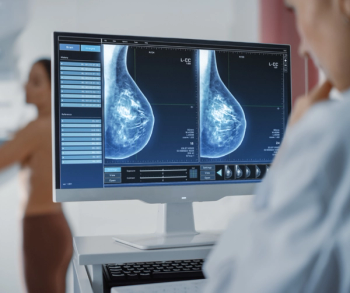
In a retrospective review involving over 2.2 million women with three consecutive biennial mammography screenings and no history of breast cancer, researchers noted that for premenopausal women with fatty breasts at baseline, increasing breast density at subsequent screenings led to significantly elevated hazard ratios ranging from 1.45 to 1.93 for the risk of breast cancer.
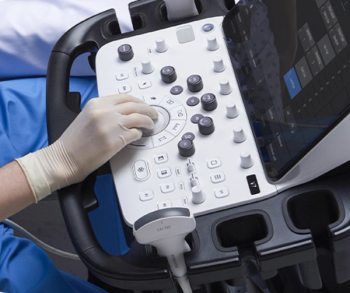
Given the influx of artificial intelligence (AI)-powered tools in health care, this author examines the potential intersection of this technology and ultrasound examination in obstetrics and gynecologic (OB/GYN) care
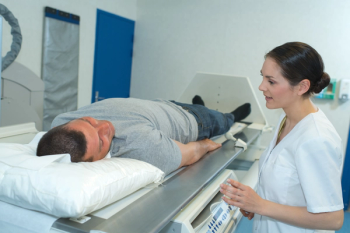
Emerging research suggests that combining pre-biopsy magnetic resonance imaging (MRI) with prostate-specific antigen (PSA) testing more than triples the specificity rate for detecting clinically significant prostate cancer in comparison to sole reliance on a PSA level greater than or equal to 4 ng/mL.
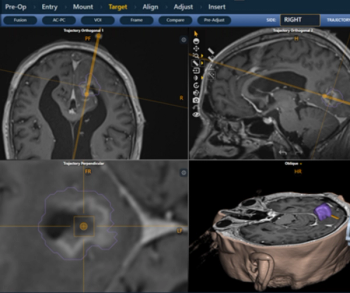
Version 2.1 of the ClearPoint Neuro Navigation software reportedly offers enhanced imaging and new trajectory planning tools for neurosurgical procedures.
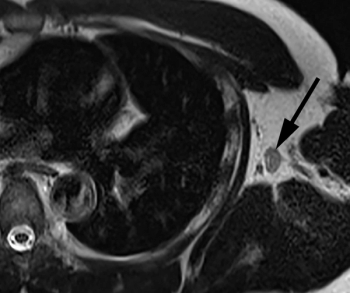
In a new study looking at the development of axillary lymphadenopathy after a second dose of COVID-19 vaccination, researchers found that those who had the Moderna COVID-19 vaccine were 21 percent more likely to have the post-vaccine side effect in comparison to those who had the Pfizer-BioNtech COVID-19 vaccine.

Navigating key logistical aspects, maintaining coverage contracts, and understanding the pros and cons of different reimbursement models are just a few of the topics that could make a teleradiology fellowship worthwhile.

Catch up on the top radiology content of the past week.
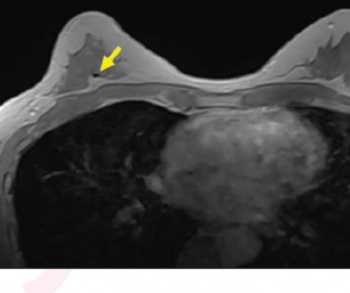
Emerging research suggests that the contrast-enhanced, in-phase Dixon sequence may be the most optimal sequence for detecting biopsy clips on breast magnetic resonance imaging (MRI).